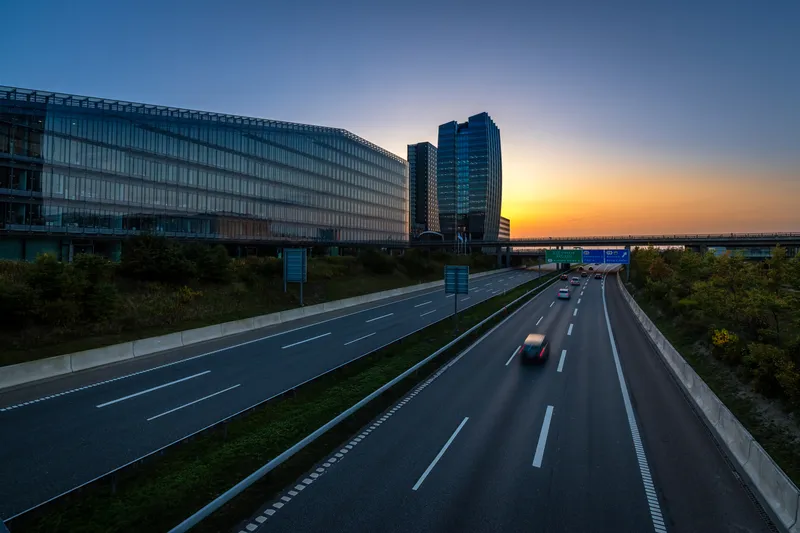
Danish EETS (European Electronic Tolling Service) provider Brobizz has chosen Kapsch TrafficCom to supply GNSS-based tolling, including TÜV-certified on-board units (OBUs) and satellite platform services.
From 1 January 2025, Denmark is introducing GNSS-based tolling for heavy goods vehicles weighing over 12 tonnes on primary roadways and low-emission zones (LEZ) throughout the country.
"Our solution is designed to deliver precision, flexibility, and eco-friendliness, aligning seamlessly with the country's future-forward vision," says Carolin Treichl, EVP EMENA at Kapsch TrafficCom. "Together with Brobizz, we aim to redefine the tolling experience for heavy goods vehicles across Denmark.”
The five-year deal can be extended for a further year. The companies say GNSS-based tolling systems allow for more targeted and fairer road usage pricing.
Kapsch's platfom can send and receive GNSS data, as well as configure the OBU 5310s used in the contract over-the-air. The company announced this month an expansion of OBU production capacity by more than 30% at its site in Vienna, Austria, adding around two million OBUs per year to its output.
Separately, Kapsch is working in a €1.5m deal with the Spanish city of Castelló, which is in the process of implementing its own LEZ.
This is based on number plate recognition, with sensors to measure air quality, noise level and a signalling system to inform the user, explains Treichl.
"We are also supplying the software to operate and monitor these systems, integrating it into the city's mobility management toolkit," she adds.







